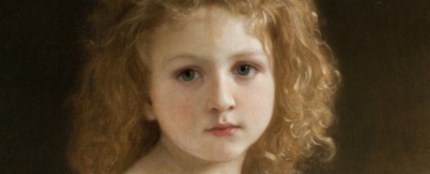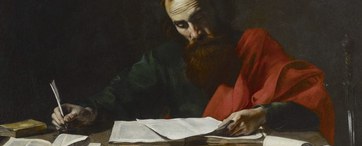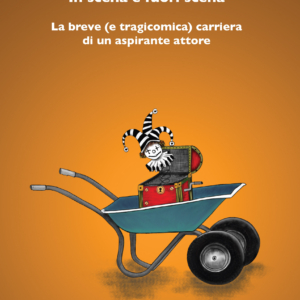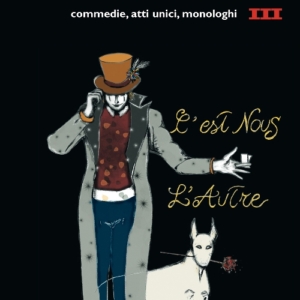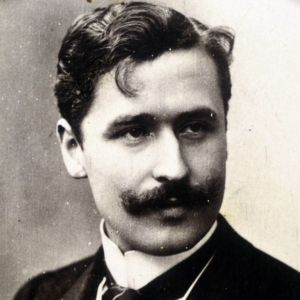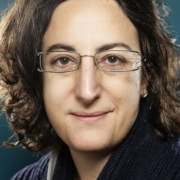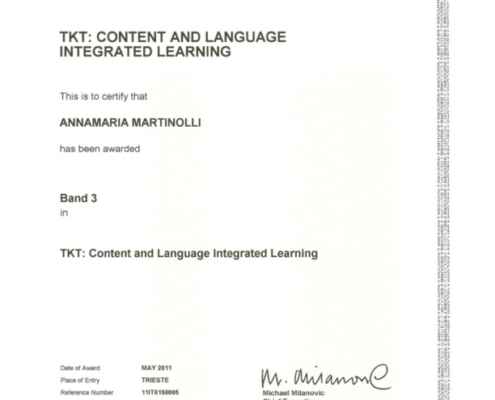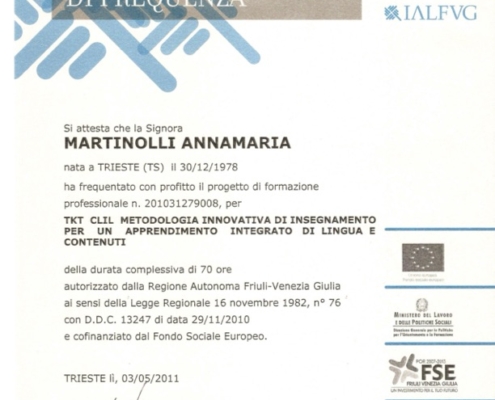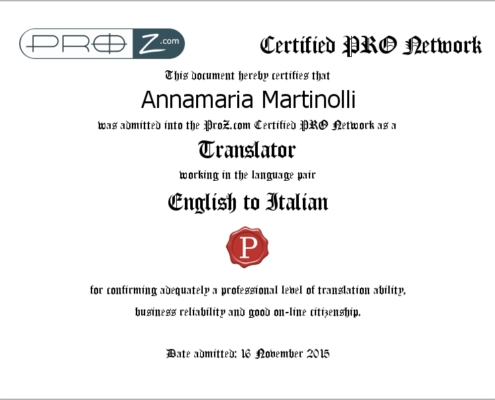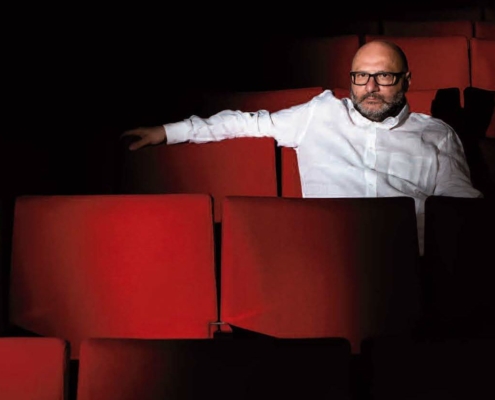
Identity
I introduce myself. With curriculum, references and academic and professional qualifications (training, awards, titles, certifications).
Services
What I’m capable of. With presentation of the types of service, career portfolio, translation examples.
Catalogue
I have written books, and translated a lot: theatre scripts and articles on cinema, art, literature, entertainment, theatre.
Journalism
Il cinema nei dipinti di Edward Hopper (I): The Circle Theatre
18 August 2021/by Annamaria MartinolliTerence Stamp: il paziente inglese
8 July 2013/by Enrico BaravogliaTanatoprassi: il teatro di Dino Buzzati (IV)
12 November 2014/by Enrico BaravogliaBreve discorso sulla cultura
17 March 2012/by Enrico BaravogliaLa fiera delle illusioni – Nightmare Alley
2 October 2022/by Annamaria MartinolliTanatoprassi: il teatro di Dino Buzzati (II)
25 June 2014/by Enrico BaravogliaIl teatro cileno contemporaneo e le sue radici storiche
18 August 2021/by Annamaria MartinolliLe Favole a fumetti di Bill Willingham
19 November 2019/by Enrico BaravogliaMost recent works
Testimonials
I had the opportunity to appreciate Annamaria’s qualities a few years ago when she worked in our company as a secretary, a role that includes several tasks: she has always stood out for her seriousness and dedication. In more recent times we have collaborated with her as a translator and also in this case she has proved to be very accurate and punctual. Her professionalism and the care she puts into the work she does have emerged.
We often refer to Annamaria for the translation of film subjects and screenplays. Annamaria has always translated our writings with great care and attention, maintaining in the translation the peculiar voice of the original text. Precise and punctual, for us she is a central collaborator!
Ms Annamaria Martinolli has translated several theses published on our Faculty of Humanities website, from Spanish to Italian, from French to Italian and from English to Italian, working with precision and accuracy. Here you can find a list of the theses translated by Ms Annamaria Martinolli.
In addition to being the best editor-in-chief that the magazine has ever had in over twenty years of its existence, Annamaria has translated countless articles that we have also published in Italian, thus making further – and more precious – editorial contributions to the project that Fucine Mute represents, starting from its foundation and on the same statutory basis: the promotion and dissemination of culture, in a broad sense.
Annamaria is our company contact for translations into the active language and revisions of texts in other languages. It’s not easy to manage technical documents like those that circulate within our company, and of which only specialists grasp the meaning. Nevertheless, seeing the quality of works carried out and the results obtained with them, we are now certain that Annamaria knows our profession even better than we do ourselves.
I think Annamaria did a great job because the translation of poetry is not easy.
She manages text with a certain ease and learns quickly (text improves page after page).
On translation
Any translation which intends to perform a transmitting function cannot transmit anything but information – hence, something inessential. This is the hallmark of bad translations.
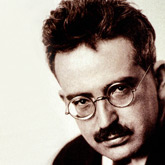
As far as modern writing is concerned, it is rarely rewarding to translate it, although it might be easy. Translation is very much like copying paintings.

A translator ought to endeavor not only to say what his author has said, but to say it as he has said it.
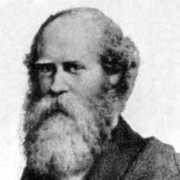
The difference between the right word and the almost right word is really a large matter – it’s the difference between lightning and a lightning bug.
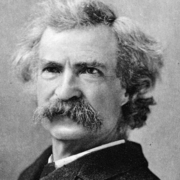
To use the same words is not a sufficient guarantee of understanding; one must use the same words for the same genus of inward experience; ultimately one must have one’s experiences in common.
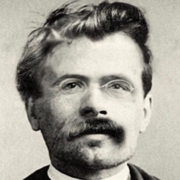
Without translation, I would be limited to the borders of my own country. The translator is my most important ally. He introduces me to the world.

In its happiest efforts, translation is but approximation, and its efforts are not often happy. A translation may be good as translation, but it cannot be an adequate reproduction of the original.
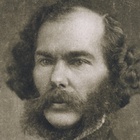
“When I use a word”, Humpty Dumpty said, in rather a scornful tone, “it means just what I choose it to mean – neither more nor less”.
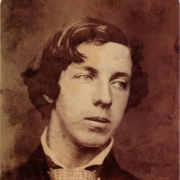
A great age of literature is perhaps always a great age of translations.
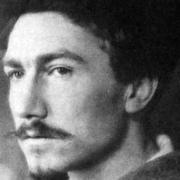
The best thing on translation was said by Cervantes: translation is the other side of a tapestry.

Qualifications
Georges Feydeau
- La buonanima della suocera (breve analisi della struttura della pièce) 1 September 2023
- Georges Feydeau rivisitato da Eric-Emmanuel Schmitt 15 February 2023
- Gli elementi fondamentali nella costruzione di un vaudeville 9 August 2022
- Georges Feydeau critico teatrale 23 May 2022
- A cent’anni dalla morte, Georges Feydeau entra nella Bibliothèque della Pléiade 21 March 2022
Eugène Labiche
- Come mangiarsi i soldi della zietta (Je croque ma tante) 11 January 2023
- Nuovi copioni di Eugène Labiche disponibili 8 August 2022
- Un marito appeso al muro (copione) 9 June 2022
- Eugène Labiche citazioni umoristiche 2 31 March 2022
- Il mistero della Rue Rousselet (copione) 4 February 2022
Agatha Christie
- Assassinio a Venezia (A Haunting in Venice): cosa ne pensa la critica nazionale e internazionale 24 October 2023
- Sintesi dei racconti di Agatha Christie (VII) 22 August 2023
- La revisione dei romanzi di Agatha Christie e di altri autori al centro di un dibattito 24 May 2023
- I romanzi di Hercule Poirot a confronto con la struttura delle fiabe (II) 14 March 2023
- I romanzi di Hercule Poirot a confronto con la struttura delle fiabe 19 January 2023
News
 Forza e coraggio (che il malvivente è di passaggio)12 July 2024 - 11:39
Forza e coraggio (che il malvivente è di passaggio)12 July 2024 - 11:39

